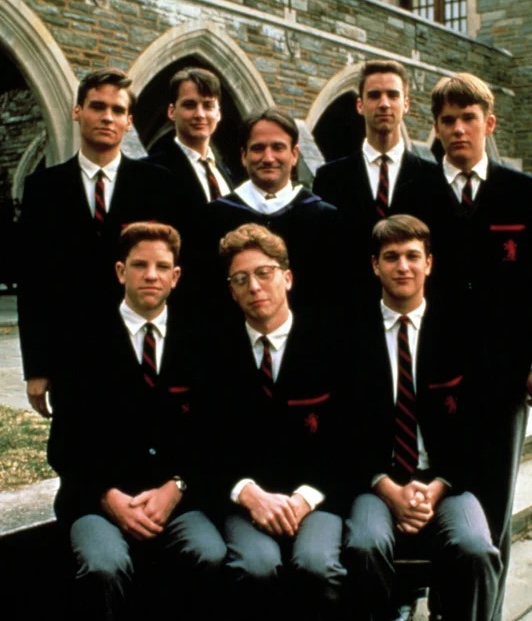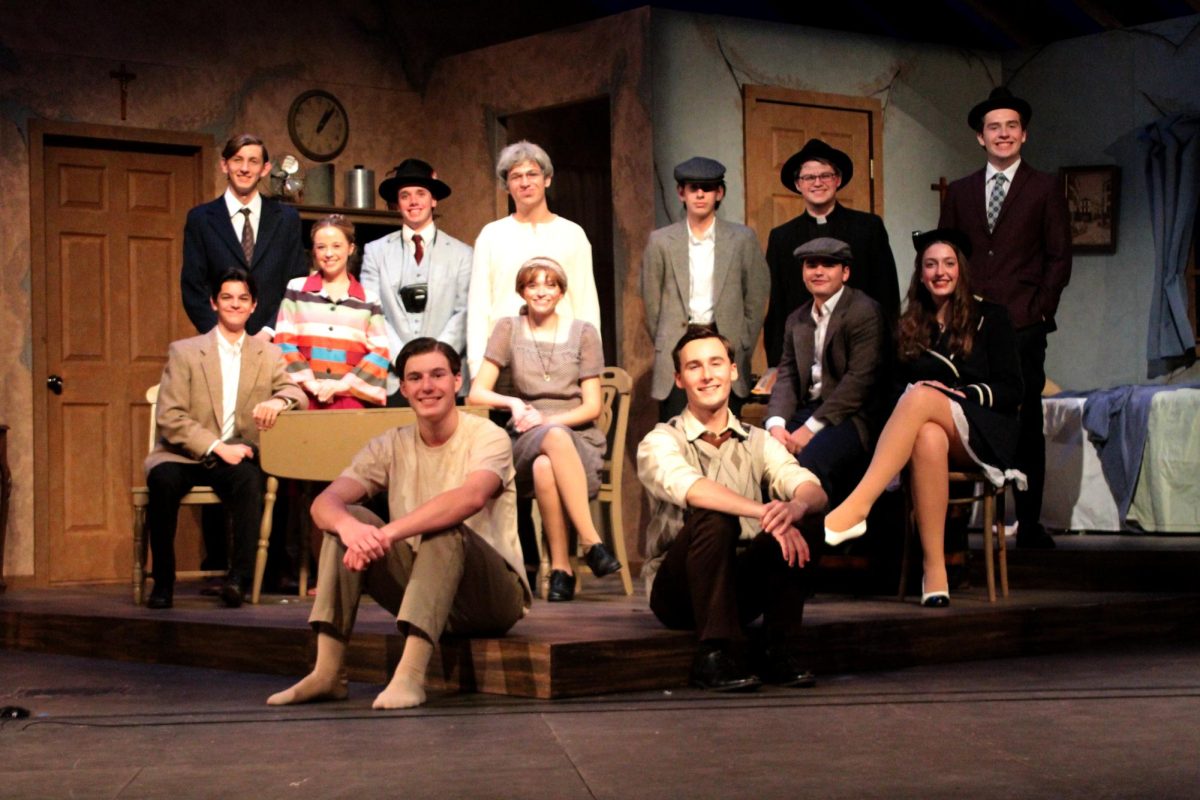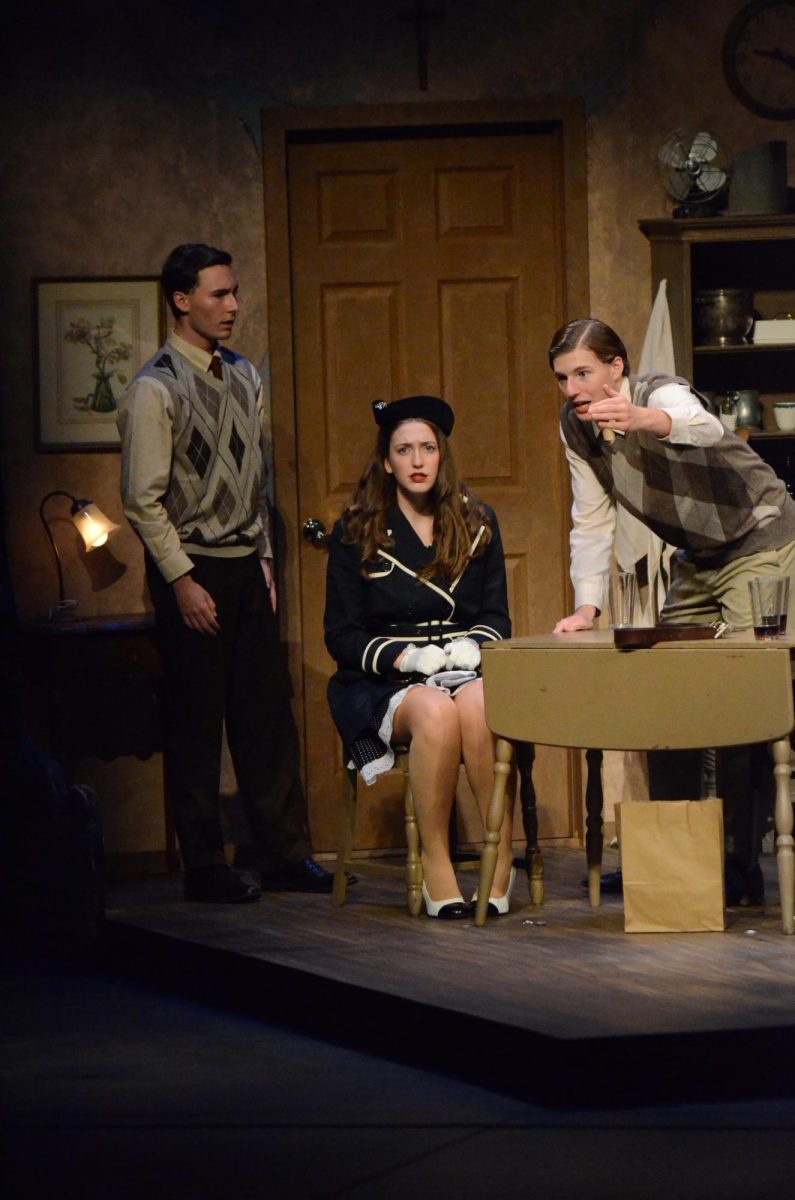“Carpe Diem, seize the day boys, make your lives extraordinary.”
Set in 1959 at an elite all-boys boarding school, Peter Weir’s Dead Poets Society is a timeless tragedy depicting the triumphs and pitfalls of life in a rigorous college preparatory environment. Central to the film is the wisdom of Mr. John Keating, an English teacher and former Welton Academy student who imparts his love for poetry to his students. Among his lessons are the dangers of conformity, the freeing power of dreams, and the importance of finding one’s voice, but most notable is his advice to seize the day.
When approached by a group of seven inspired students, Keating discloses the existence of a secret society he once proudly led—the Dead Poets Society. The boys immediately jump at the opportunity to be involved, hosting unsanctioned meetings in the dead of night to read poetry aloud and “suck the marrow out of life.” As the gatherings continue, these poets each take turns seizing the day and reaping the consequences, for better or worse.
Especially poignant is the performance of Robert Sean Leonard as Neil Perry, a young man whose lively spirit and craving for the freedom of self-expression is quashed by the weight of his father’s expectations. Ethan Hawke as Todd Anderson is equally captivating in the role of a soft-spoken and reserved conformist who learns his potential for greatness from his eccentric English teacher. And, of course, Robin Williams as John Keating gives the performance of a lifetime as a charismatically rebellious man with a fiery passion for his work.
I could spend hours dissecting the themes of conformism, solidarity, repression, love, and freedom of thought, but among these, I found the display of brotherhood in this film to be particularly resonant. Sure, the young men who participate in the Dead Poets Society butt heads from time to time—as any group of teenage boys do—but the bond that ties them together never falters. They continue to support each other unconditionally, even in the face of the adversity that befalls them.
There are countless parallels between Welton Academy and Chaminade, but this aspect is remarkably accurate to the experience of an all-boys school. We’re frequently reminded to treat one another as brothers no matter the circumstance, but what does that really mean? Dead Poets Society shows us that brotherhood can have more than just one meaning; it could mean encouraging one another to take risks, supporting one another’s passions, or even standing on desks in solidarity with one another if the opportunity calls for it.
John Keating’s wisdom to seize the day is often interpreted as a motto of self-motivation and interest, but I would argue that his advice is exemplified best through the encouragement and support shared amongst the poets. The brotherhood at Chaminade promotes a similar culture, but it is truly what you make of it. In my time left at Chaminade, I hope to create a legacy for myself like the young men in Dead Poets Society, defined by my contributions to my brothers. I want to make my life extraordinary, and I want to do it by helping others achieve their fullest potential. Will you?








